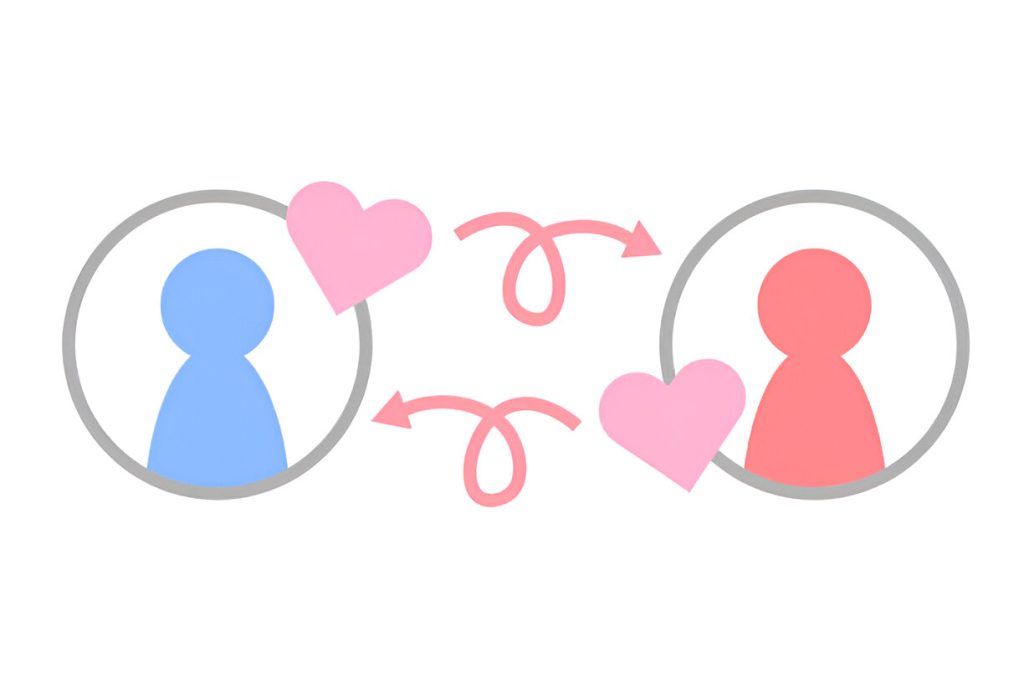A survey found that roughly 42% of women and 31% of men had not achieved social or psychological stability five years after getting divorced. A previous marriage that existed within elite circles complicates matters further because appearances often matter as much as emotions, leading to an even more profound disorientation. You’re single again, but perhaps no longer the person who once stepped confidently into a room full of curated contacts.
Reentering those spaces post-divorce without slipping into old patterns or performative connections is challenging, to say the least.
Resist the Pressure to Bounce Back
When dating after divorce in high-status environments, there’s often a quiet pressure to bounce back, to be seen thriving, and to quickly find a new partner who reflects your desirability and worth. By approaching dating as a way to prove something, you’re likely to enter dynamics that look admirable on the outside but feel unfulfilling.
Even outside elite dating scenes, dynamics often run on considerations such as who brings what to the table, what networks they open, and how good you’ll look together in photos. Within elite circles, these considerations are even more prominent. Matching travel histories cannot capture real compatibility.
Slow Down
Relationships born from urgency often recreate old wounds. Take your time to actually feel your way through an interaction—not just analyze its optics. Pay attention to your body’s signals. Do you feel calm in their presence, or are you subtly bracing and shaping yourself to be more palatable?
Let yourself grieve the past relationship fully before jumping into something new. Emotional clarity takes time, and rushing the process only blurs your judgment. True healing includes making peace with the version of yourself that tolerated inauthentic connections and choosing differently moving forward.
Shift the Narrative
“What do you do?” might be a standard question, but “What’s something you’ve recently unlearned?” will tell you far more about someone’s character. By asking different questions, you’re inviting depth and realness. People who are grounded in themselves will lean in; those who aren’t will likely pivot or disengage. That’s valuable information.
Genuine people are transparent about their emotions and intentions. They don’t manipulate situations or hide important information. They’re open about their thoughts, even when it means showing vulnerability. Understandably, they won’t be open if you just met—and if they are, that’s suspicious in itself—but they shouldn’t give evasive responses to all your questions or respond with a question of their own.
Consider a New “Type”
Consider a new “type” post-divorce. You might as well, considering the previous one didn’t work. Your past relationship may have been more about validation and less about true compatibility. You might have chosen a partner who made you believe something you wanted about yourself. If you’re honest, was it built on emotional safety or social desirability?
Consider what you truly desire, along with who you will impress by dating a certain “type.” Albeit more challenging, authentic connections can and do exist in elite dating circles. The focus may not be so much on authenticity, and one must make an effort to sift through more layers of image and ego. But there are people who crave something deeper than performance. Don’t be afraid to be the first person to drop the act. Honesty is an invitation, not a weakness. You’re there not only to impress but also to relate.
Signs That You’re on the Right Track
The interactions with a new partner should feel grounding—not like you’re trying to impress. You’re not constantly second-guessing yourself. You don’t feel the urge to tell everyone about your new relationship immediately. You don’t laugh just to fill the silence. Communication feels easier and more natural than it did before. Most importantly, you’re effortlessly recovering from the divorce.
Your nervous system isn’t on edge. You feel like yourself—maybe even a better, calmer version. There’s mutual respect and curiosity, not a transactional feel. Conversations go beyond highlight reels and speak to your inner life.
The Bottom Line
High status always works in your favor if statistics are any indicator. According to the 2025 Ipsos Love Life Satisfaction Index, which covers 30 countries, 83% of individuals in high-income households are satisfied with feeling loved, compared to 67% of those in low-income ones. Individuals in middle-income households sit in the middle with 76%. The trend is similar when asked about feeling satisfied with one’s romantic and sex life: 51% of low-income individuals are satisfied, compared to 58% of middle-income and 67% of high-income.
Conclusion: Rebuilding on Your Own Terms
Reentering elite dating circles after a divorce requires more than appearances; it calls for authenticity, discernment, and self-compassion. The temptation to perform or prove your worth is real, but resisting that urge paves the way for something far richer—emotional safety, mutual growth, and genuine intimacy. Redefining what connection means to you allows space for someone who values you not for your profile or your proximity to status, but for your presence. By choosing connection over performance, you’re not just dating again—you’re creating relationships that actually nourish the person you’ve become.

